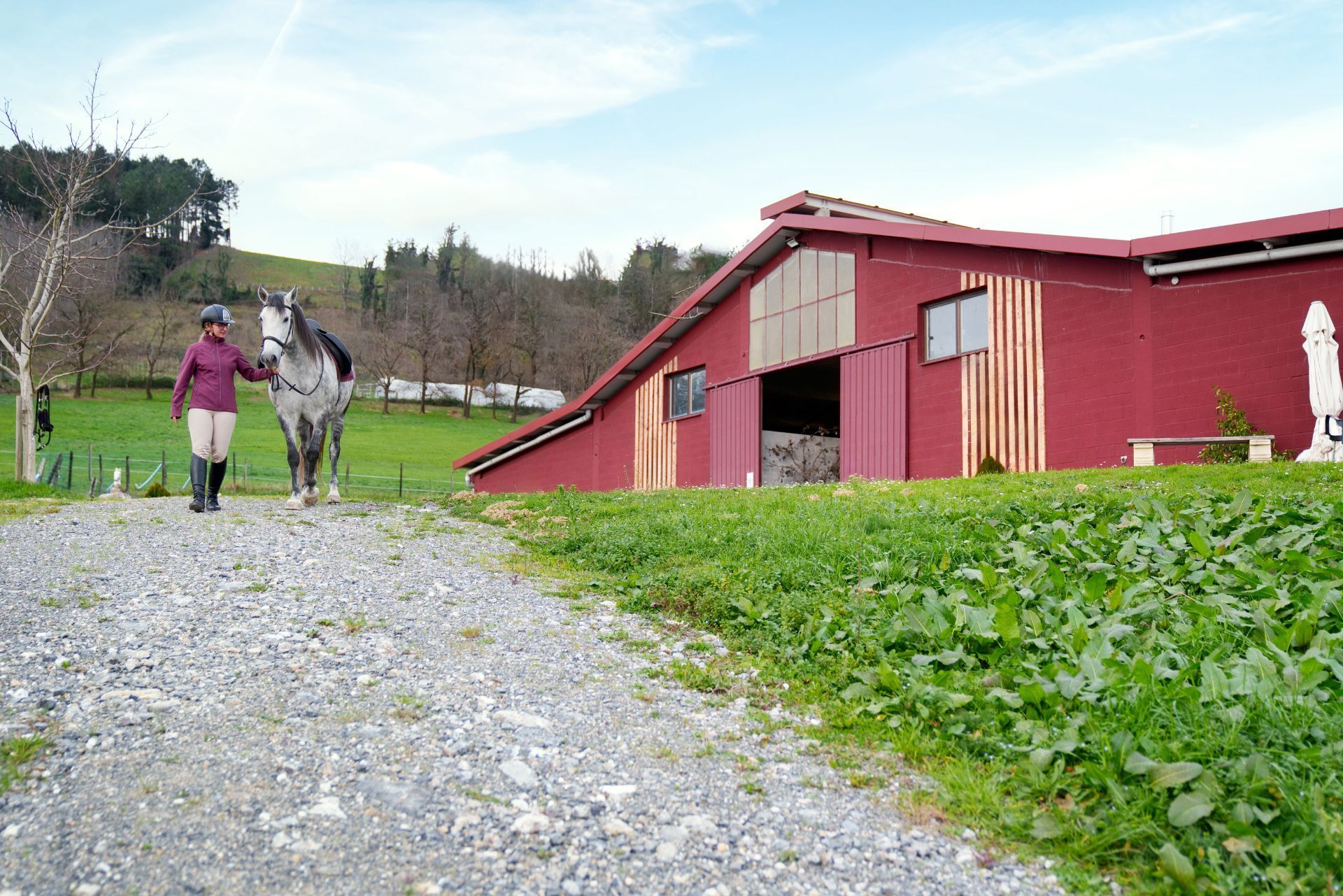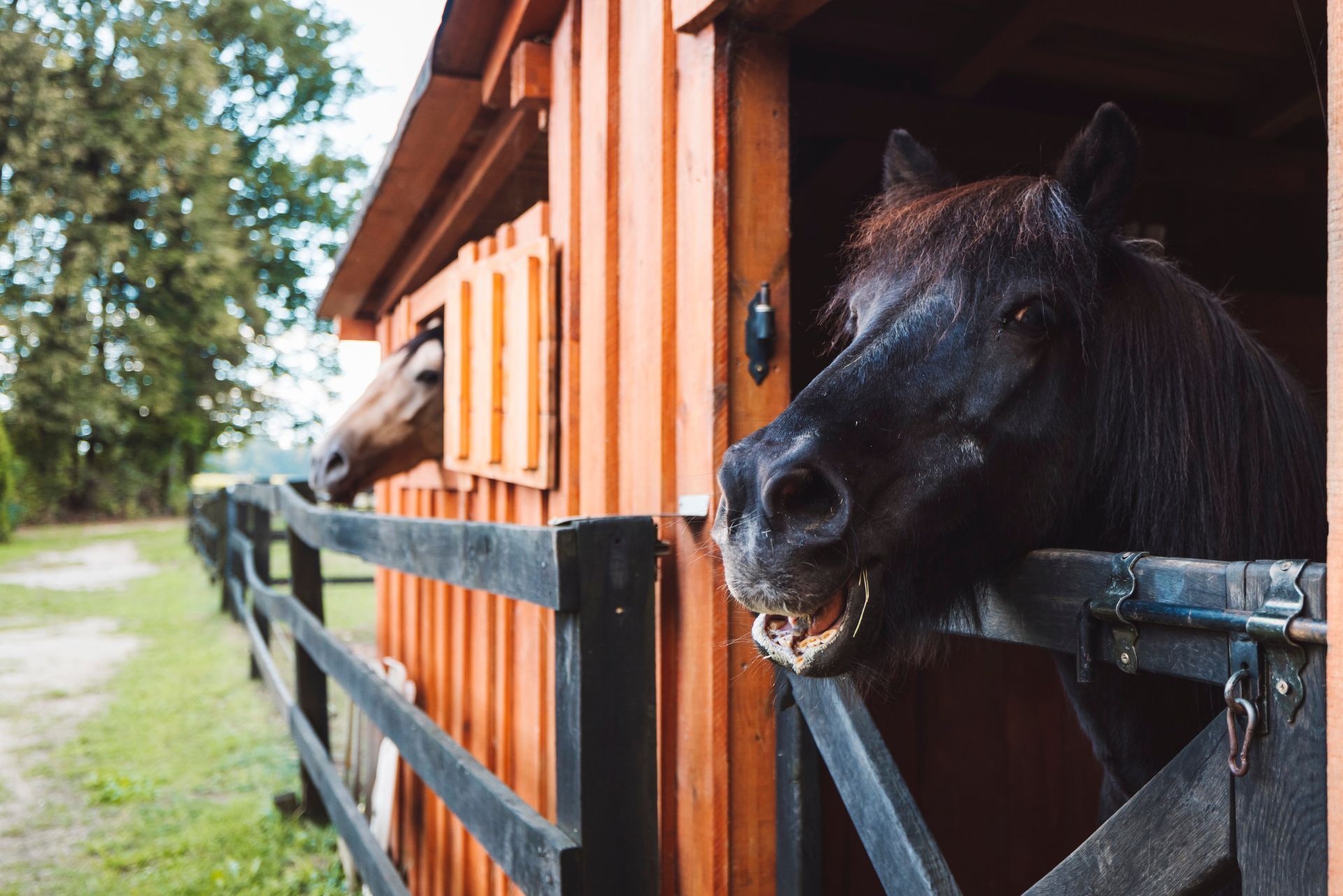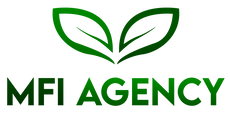
Top 3 Recommended Policies

Owning and operating an equine farm or riding stable is a rewarding endeavor filled with passion for horses and the equestrian lifestyle. However, it also comes with unique risks and liabilities that require careful management. Equine farm and riding stable insurance is essential to protect your investment, livelihood, and peace of mind.
This comprehensive guide explores everything you need to know about equine insurance—from understanding the types of coverage available to assessing risks and selecting the right policy for your operation.
Understanding the Unique Risks of Equine Farms and Riding Stables
Equine farms and riding stables face a variety of risks that differ significantly from other agricultural or recreational businesses. Horses are valuable, living assets that require specialized care, and the interaction between humans and horses adds layers of liability concerns. The emotional and financial investments made by owners can be substantial, making it crucial to understand the breadth of these risks.
Some of the most common risks include:
- Horse injury or death: Illness, accidents, or natural disasters can cause significant financial loss.
- Property damage: Barn fires, storms, or vandalism can damage expensive facilities and equipment.
- Liability claims: Injuries to riders, visitors, or employees can result in costly lawsuits.
- Business interruption: Events such as disease outbreaks or natural disasters can halt operations.
According to the American Horse Council’s 2023 report, the U.S. equine industry contributes over $122 billion annually to the economy, underscoring the importance of safeguarding these assets with proper insurance. Furthermore, the emotional bond between horses and their owners often leads to heightened concerns about their well-being, making risk management not just a financial necessity but also a moral obligation.
Why Standard Insurance Policies Aren't Enough
Many equine farm and stable owners mistakenly rely on general farm or homeowner’s insurance policies, which often exclude coverage for horses or equine-related liabilities. This gap can leave owners exposed to significant financial risk in the event of an accident or loss. For instance, if a horse were to escape and cause an accident, the liability may not be covered under a standard policy, leading to devastating financial repercussions.
Specialized equine insurance policies are designed to address these unique exposures, providing tailored coverage that reflects the realities of horse ownership and equine business operations. These policies can include coverage for mortality, theft, and medical expenses, as well as liability protection that specifically addresses the risks associated with riding lessons, boarding, and training services. Additionally, many equine insurance providers offer risk management resources and educational materials to help owners implement safety protocols and minimize potential hazards on their properties.
Types of Equine Farm & Riding Stable Insurance Coverage
Equine insurance is multifaceted, with different policy types addressing various aspects of risk. Understanding these coverages is critical to building a comprehensive protection plan.
1. Mortality and Major Medical Insurance for Horses
This coverage protects the value of your horses against death or major medical expenses resulting from accidents, illnesses, or injuries. Mortality insurance typically covers the horse’s market value, while major medical insurance reimburses veterinary bills for surgeries, treatments, and diagnostics.
For example, a horse valued at $20,000 that suffers a catastrophic injury may be covered under mortality insurance, while a colic surgery costing $5,000 could be reimbursed through major medical coverage. Additionally, some policies may offer coverage for loss of use, which can be particularly beneficial if a horse becomes unable to perform its intended function due to injury or illness. This type of coverage can help mitigate financial loss by compensating the owner for the horse's diminished value or potential earnings.
2. Liability Insurance
Liability insurance is essential for protecting against claims arising from injuries to riders, visitors, employees, or others on your property. This coverage can include:
- General liability: Covers bodily injury and property damage claims.
- Equine liability: Specifically addresses claims related to horse activities, including riding lessons, boarding, training, and trail rides.
- Professional liability: For trainers and instructors, protecting against claims of negligence or errors in instruction.
Liability claims can be financially devastating; having adequate coverage is crucial to protect your business assets. Furthermore, it’s important to consider the nuances of liability insurance, such as the inclusion of coverage for equine-related events like competitions or shows. These events can attract larger crowds and increase the risk of accidents, making specialized coverage a wise investment for those who frequently host such activities.
3. Property Insurance
This coverage protects your physical assets, including barns, fencing, equipment, feed, and tack. It typically covers damage from fire, storms, theft, and vandalism.
Given the high cost of equine facilities and equipment, property insurance is a foundational element of risk management for any farm or stable. Additionally, some policies may offer coverage for business personal property, which includes items like saddles and bridles that are not permanently affixed to the property but are essential for daily operations. Understanding the specifics of what is covered can help ensure that all valuable items are adequately protected against unforeseen events.
4. Business Interruption Insurance
If a covered event forces your farm or stable to close temporarily, business interruption insurance can help cover lost income and ongoing expenses such as mortgage payments, payroll, and utilities.
For example, if a barn fire requires rebuilding over several months, this coverage can help maintain financial stability during the downtime. It’s also worth noting that some policies may include coverage for extra expenses, which can help cover the costs of relocating operations or renting temporary facilities while repairs are being made. This added layer of protection can be crucial for maintaining client relationships and ensuring a smooth transition back to normal operations.
5. Workers’ Compensation Insurance
If you employ staff, workers’ compensation insurance is often legally required and protects both employees and employers in the event of workplace injuries. Horses can be unpredictable, and injuries to stable hands or instructors are a real risk.
Moreover, workers' compensation can also cover rehabilitation costs and lost wages for employees who are injured on the job, which is essential for fostering a safe working environment. Implementing safety protocols and training can further reduce the likelihood of accidents, but having this insurance in place provides peace of mind for both employers and employees. Additionally, some policies may offer coverage for psychological injuries, which can be particularly relevant in high-stress equine environments where mental well-being is just as important as physical safety.

Assessing Your Insurance Needs: Factors to Consider
Every equine operation is unique, so insurance needs vary widely. A thorough risk assessment is the first step in determining the right coverage and policy limits.
Size and Scope of Your Operation
The number of horses, acreage, and types of services offered (boarding, training, lessons, breeding) all influence insurance requirements. Larger operations with more horses and public access typically need broader coverage. Additionally, the scale of your operation can affect the types of insurance you may require, such as commercial liability, property insurance, and even specialized equine insurance for high-value horses. Understanding the nuances of your operation's size and scope can help you tailor your insurance policy to better fit your specific needs.
Value of Your Horses and Property
Accurate valuation of horses and property is essential. Underinsuring can lead to significant out-of-pocket expenses, while overinsuring can increase premiums unnecessarily. Regularly reassessing the value of your horses, equipment, and facilities is crucial, especially as market conditions fluctuate. This ensures that you are not only adequately covered but also that you are not paying for coverage you do not need. Consulting with an equine appraiser or insurance specialist can provide insights into the current market value of your assets.
Types of Activities and Services
Offering riding lessons, trail rides, or hosting events increases liability exposure. Make sure your policy covers all activities you conduct. It’s important to consider the specific risks associated with each service you provide, as different activities may warrant different levels of coverage. For instance, hosting competitions or clinics may require additional liability coverage to protect against potential accidents involving participants or spectators. Furthermore, ensuring that your insurance policy includes coverage for equipment used in these activities, such as jumps or riding gear, can safeguard your operation against unexpected losses.
Location and Environmental Risks
Geographic factors such as flood zones, wildfire risk, or proximity to busy roads can impact coverage needs and premiums. Understanding the environmental risks associated with your location is vital for selecting the right insurance. For example, if your property is situated in a flood-prone area, you may need to consider additional flood insurance to protect your assets. Additionally, local regulations and zoning laws may also dictate certain insurance requirements, making it essential to stay informed about any changes in your area that could affect your coverage needs.
Legal and Contractual Obligations
Some contracts with clients, vendors, or lenders may require specific insurance coverage or minimum limits. Understanding these requirements helps avoid compliance issues. It’s also wise to review any waivers or liability releases that clients may sign, as these documents can influence your insurance needs. Engaging with a legal professional who specializes in equine law can provide further clarity on how to navigate these obligations and ensure that your insurance policy aligns with your contractual commitments. This proactive approach not only protects your business but also fosters trust with your clients, as they see that you take their safety and legal protections seriously.
How to Choose the Right Equine Insurance Provider
Choosing an insurer with expertise in equine coverage is vital. Here are key considerations when selecting a provider:
Specialization and Experience
Look for companies that specialize in equine insurance and have a proven track record serving farms and stables. They understand the nuances of the industry and can offer tailored advice. An insurer with a strong background in equine coverage is more likely to be familiar with the specific risks associated with different breeds, disciplines, and environments. This expertise can be invaluable when it comes to crafting a policy that truly meets your needs. Additionally, consider whether they have experience with similar operations to yours, as this can further enhance their understanding of your unique requirements.
Policy Flexibility
Insurance needs can change over time. Select a provider that offers customizable policies and options to add or adjust coverage as your operation evolves. Flexibility is especially important in the equine industry, where factors such as the addition of new horses, changes in training regimens, or shifts in business focus can necessitate adjustments to your coverage. A good provider will not only allow you to modify your policy but will also proactively suggest changes based on industry trends or emerging risks, ensuring that you are always adequately protected.
Claims Handling Reputation
Prompt and fair claims processing is critical. Research customer reviews and industry ratings to gauge an insurer’s reputation for service. A provider’s claims handling process can significantly impact your experience during stressful times, such as after an injury or loss. Look for testimonials from other horse owners or facilities that highlight the insurer's responsiveness and support during the claims process. Additionally, consider reaching out to your local equine community for recommendations, as word-of-mouth can often reveal insights that online reviews may not capture.
Competitive Pricing and Discounts
While cost shouldn’t be the only factor, obtaining multiple quotes and asking about discounts (e.g., for safety measures, multiple policies, or membership in equine organizations) can help manage expenses. It’s also worth exploring the long-term value of each policy, as the cheapest option may not always provide the best coverage. Some providers may offer loyalty programs or incentives for maintaining a claim-free record, which can further reduce costs over time. Additionally, inquire about any educational resources or risk management programs they offer, as these can help you minimize risks and potentially lower your premiums in the future.
Tips for Reducing Insurance Costs and Risks
While insurance is essential, proactive risk management can reduce premiums and improve safety.
Implement Safety Protocols
Establish and enforce safety rules for riders, visitors, and employees. Use appropriate signage, maintain safe riding arenas, and regularly inspect facilities. Additionally, consider conducting regular safety drills to ensure that everyone knows how to respond in case of an emergency. This not only reinforces the importance of safety but also fosters a culture of awareness and preparedness among all participants.
Invest in Security Measures
Install fire alarms, surveillance cameras, and secure fencing to reduce theft and vandalism risks. Furthermore, consider implementing access control systems that limit entry to authorized personnel only. This can significantly enhance the security of your facilities and provide peace of mind, knowing that you have taken steps to protect your assets. Engaging with local law enforcement to establish a neighborhood watch program can also bolster security efforts, creating a community-focused approach to safety.
Maintain Accurate Records
Keep detailed records of horse valuations, veterinary care, maintenance, and incident reports to support claims and underwriting. In addition to these records, consider maintaining a log of training sessions and rider experiences, as this can help demonstrate the competence of your staff and the safety of your operations. Regularly reviewing and updating these records can also help identify trends or areas for improvement, allowing you to proactively address potential risks before they escalate.
Train Staff Thoroughly
Well-trained employees are less likely to cause accidents or injuries. Provide ongoing education on horse handling and emergency procedures. Incorporating hands-on training sessions and workshops can enhance learning and retention, ensuring that staff members are well-prepared for any situation. Additionally, fostering an environment where employees feel comfortable discussing safety concerns or suggesting improvements can lead to a more vigilant and proactive workforce, ultimately contributing to a safer environment for everyone involved.
Common Questions About Equine Farm & Riding Stable Insurance
Is Boarding Covered Under My Insurance?
Not always. Boarding horses for others increases liability exposure and may require additional coverage or endorsements. Always disclose boarding activities to your insurer.
Does My Insurance Cover Injuries to Riders?
Liability insurance generally covers injuries to riders, but coverage specifics vary. Some policies exclude certain activities or require waivers from riders. Clarify these details with your provider.
Can I Insure Foals or Breeding Stock?
Yes. Many insurers offer specialized coverage for breeding stock and foals, which may have different valuation and risk considerations.
What Happens If My Horse Is Stolen?
Mortality insurance often covers theft, but it’s important to confirm this with your policy. Taking preventive security measures can also reduce risk.

Conclusion: Protecting Your Equine Investment with Confidence
Equine farm and riding stable insurance is a critical component of managing the complex risks inherent in horse ownership and equestrian businesses. By understanding the types of coverage available, assessing your unique needs, and partnering with a knowledgeable insurer, you can safeguard your horses, property, and livelihood.
Taking proactive steps to reduce risks and maintain comprehensive insurance coverage ensures that your passion for horses remains a source of joy and success for years to come.
Contact Us

